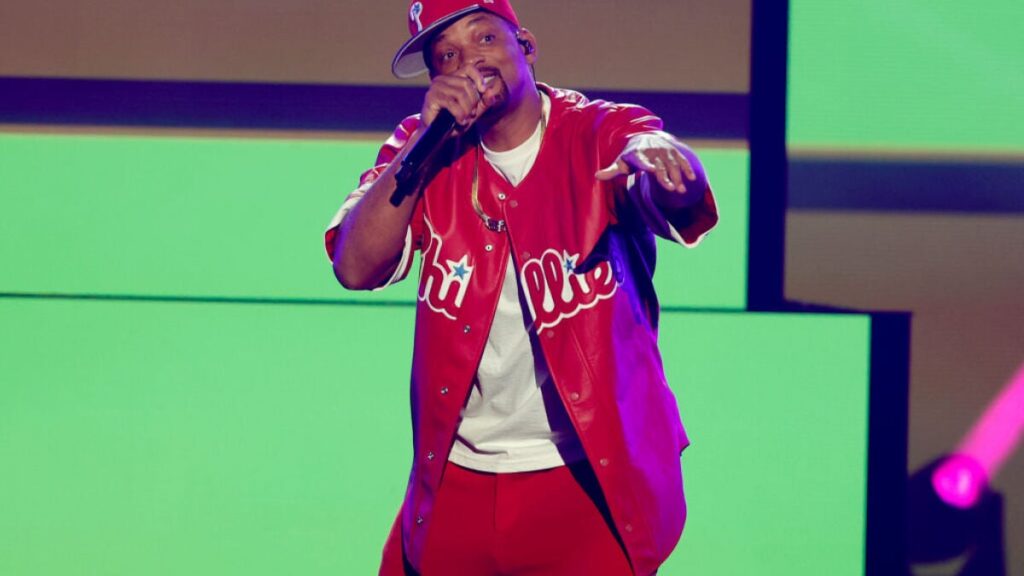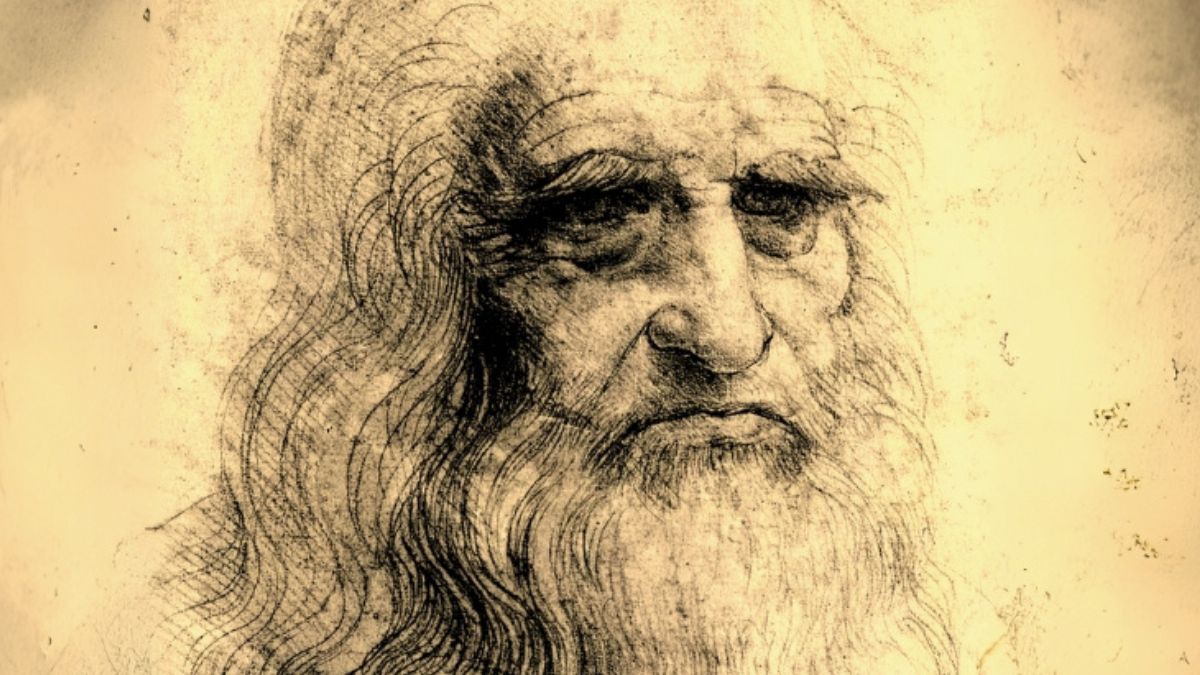
Will Smith’s recent tour video has ignited a debate among fans, who suspect the use of artificial intelligence to simulate concert crowds. The video, shared on Smith’s official YouTube channel, promotes his new song “You Can Make It” and appears to show live performance footage. However, eagle-eyed viewers have pointed out signs of AI-generated imagery, such as distorted faces and hands among the audience.
The video has drawn criticism from fans and viewers who took to the comments section to express their skepticism. One user remarked, “Ok, this guy definitely has a humiliation fetish. No other explanation for releasing a crowd of AI abominations holding up misspelled signs about how he saved their lives.” In one scene, a fan is seen holding a sign that reads, “‘You Can Make It’ helped me survive cancer. Thx Will,” but the fan’s appearance and the morphing of hands in the shot suggest AI manipulation.
AI in Entertainment: A Growing Trend
The controversy surrounding Smith’s video highlights the increasing use of AI in entertainment. As AI technology advances, tools like Google’s Veo 3 and startups such as Kling, Pika, and Luma have made it more challenging to distinguish between real and AI-generated content. This blurring of lines has led to a rise in skepticism about the authenticity of online media.
According to tech experts, the prevalence of AI-generated content, often referred to as “AI slop,” is part of a broader trend of engagement-farming. These accounts flood the internet with fake, attention-grabbing material, further complicating the public’s ability to discern reality from fabrication.
Ethical Concerns and Public Perception
While some viewers feel deceived by the potential use of AI, others raise concerns about the tastefulness of such practices. AI-generated content in entertainment has sparked backlash before. For instance, rock legend Rod Stewart faced criticism for showing an AI-generated video of deceased artists like Ozzy Osbourne, Tupac, and Bob Marley at a recent concert. Similarly, journalist Jim Acosta was criticized for “interviewing” an AI version of a Parkland shooting victim, which many saw as crossing an ethical line.
“Imagine being this rich and famous and having to use AI footage of crowds and bot comments on your video,” commented another user. “Tragic, man. You used to be cool.”
The Future of AI in Media
As Smith’s tour continues in the UK and moves on to Paris, the question remains whether AI-generated elements will become a staple in his performances. The use of AI in media is not just a technical issue but also a cultural one, as it challenges traditional notions of authenticity and creativity.
Experts suggest that as AI technology becomes more sophisticated, the entertainment industry will need to navigate the ethical implications and audience reactions carefully. The balance between innovation and authenticity will likely shape the future of how AI is integrated into artistic expressions.
For now, the debate over Smith’s video serves as a reminder of the complexities and controversies that accompany the rise of AI in our digital age. As audiences become more discerning, creators may need to rethink their approach to using technology in storytelling and performance.






